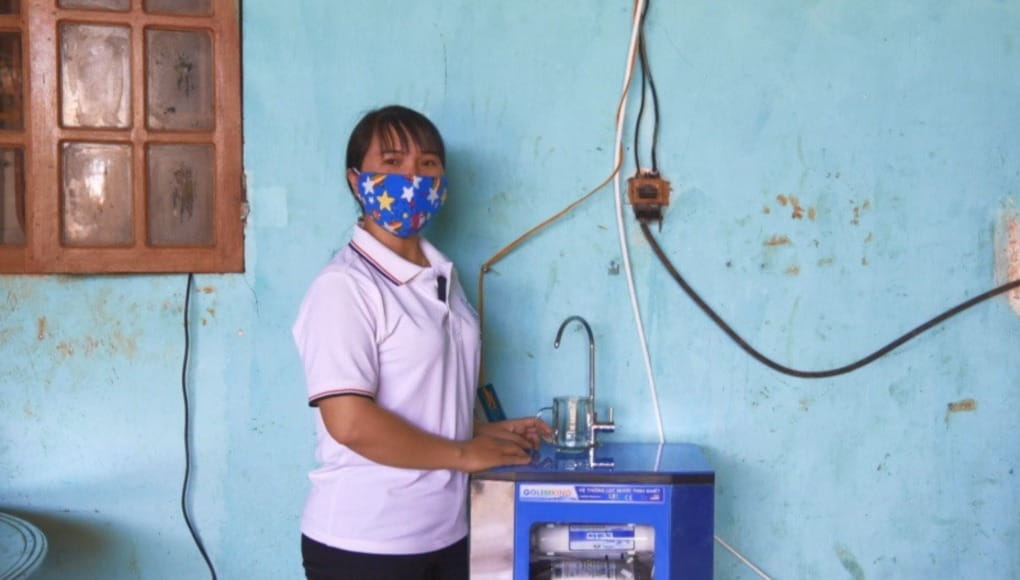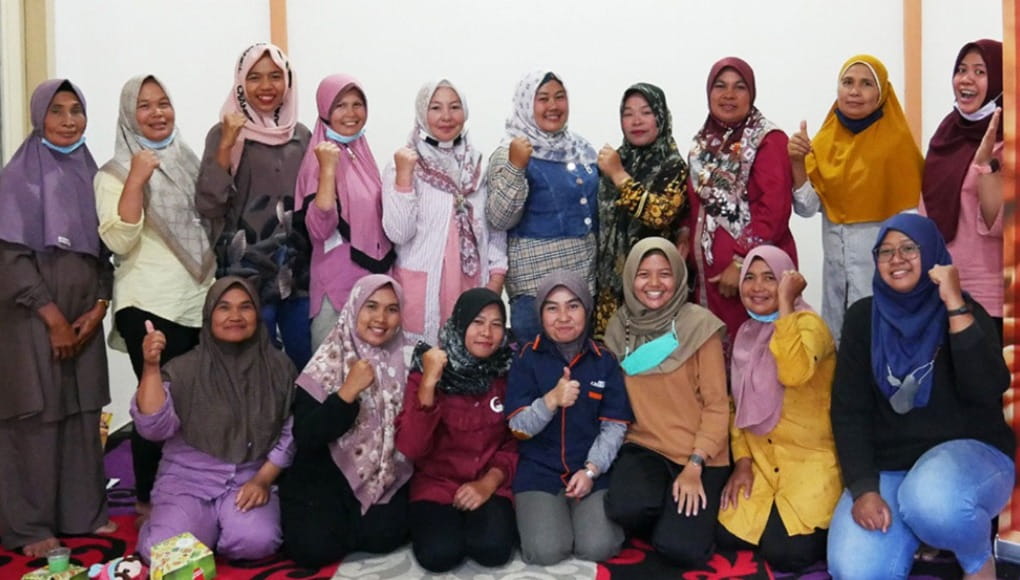Women play a critical role in agricultural supply chains, yet often have unequal access to opportunities, assets and resources. Women are disproportionately affected by poverty, which in turn affects their levels of hunger, health and access to clean water and sanitation. However, research has shown that when women have control of their income, it is more likely to be spent on healthcare, improved nutrition for their children and investments in their child’s education.

Empowering Women in our Supply Chain
In addition to McCormick’s efforts to advance women in the workplace, we are committed to helping women thrive across our broader supply chain. We measure increased farmer resilience through increased skills and capacity, greater income, more access to financial services, education and better nutrition and health outcomes. Under this goal, we’re also piloting an integrated global approach to gender equality and women’s economic empowerment in our farming communities.

Uplifting Communities with CARE
Since 2018, we have partnered with CARE Impact Partners (“CIP”), a division of CARE International that supports companies in building resilient enterprises and delivering social impact, to map the roles of women in the farming communities from which we source. These analyses reinforced our belief that women are involved in every aspect of herbs and spices cultivation, while also maintaining responsibility for the majority of unpaid work such as childcare and household chores. It was clear that opportunities existed for programming to address the gender imbalance; however, the challenge remained of how to measure the impact these initiatives would have on women’s empowerment.
CIP and McCormick have developed and launched the McCormick Women’s Empowerment Framework (“M-WEF”). Our approach is simple:
- Assess the level of women’s empowerment in key sourcing communities
- Design programming to address the opportunities to reduce inequality
- Continuously track the level of women’s empowerment within the community, adjusting programming as needed
Women’s Empowerment in Action
The M-WEF baseline is being rolled out across our key supply chains, starting with our iconic raw materials. While deploying M-WEF, we are engaging with our suppliers to run projects focused on improving women’s resiliency and that of their communities.

Access to Safe Drinking Water
Since launching our Grown for Good framework, tens of thousands of agricultural household members have been positively impacted by community resiliency programs, such as clean drinking water initiatives in Vietnam, where black pepper is grown. Phan Thi Hang (pictured) is the Chair of the Ea Tan Women’s Union and, along with around 200 members of her village, benefitted from a new water filtration system.

Empowering Women in Indonesia
In cinnamon-growing communities in Indonesia, we identified multiple opportunities for women, including increasing their involvement in farm decision making, improving access to financial services, and building resilience to future shocks. Through our on-the-ground partner, we provided training for local women in topics such as financial management, bookkeeping, and business development.



